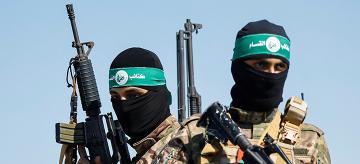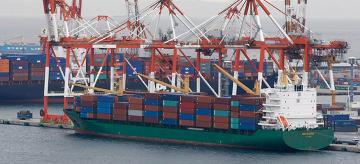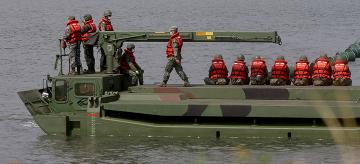Search 776 results
Filter by
Events
Series
Contemporary History Post-1945 High School Questions
Grade Level
High School
Help students understand how events since 1945 have shaped today's world through these essay and discussion questions.

Why Did Hamas Attack Israel?
Look back at the origins of the Israeli-Palestinian conflict and then take part in the current debate on how to bring an end to the violence.

How Is AI Changing the World?
Explore AI’s impact on climate change, the military, and public surveillance. Then help shape future regulation.

How Does Trade Work?
Take a trip down the Silk Road and across centuries of global trade to learn how current practices still face the same historical challenges.

Will China Invade Taiwan?
Explore Taiwan’s relationships with the United States and China. Then take part in a national security simulation to help avoid future conflict.
PSYC 3040: Social Psychology
Grade Level
College
This set of asynchronous discussion post assignments are focused on topics within the field of social psychology.
Toolkit: Columbus State University First Year Experience
Grade Level
College
This set of freshman seminar courses will approach real-world problem-solving in relation to global civic literacy.
World101 and American Democracy Project Toolkit (2021–22)
Grade Level
College
This toolkit is a product of Global Civic Literacy, an initiative of AASCU’s American Democracy Project (ADP) in partnership with the Council on Foreign Relations (CFR).
POLS 2401: Current Global Issues
Grade Level
College
Students will learn about the political, social, economic, and cultural forces shaping contemporary global issues such as climate change, conflict, human rights, terrorism and other issues.
POLS Y219: Intro to International Relations
Grade Level
College
In this course, we will study international relations by examining the interactions between actors with different interests, ideas, constraints, and motivations.